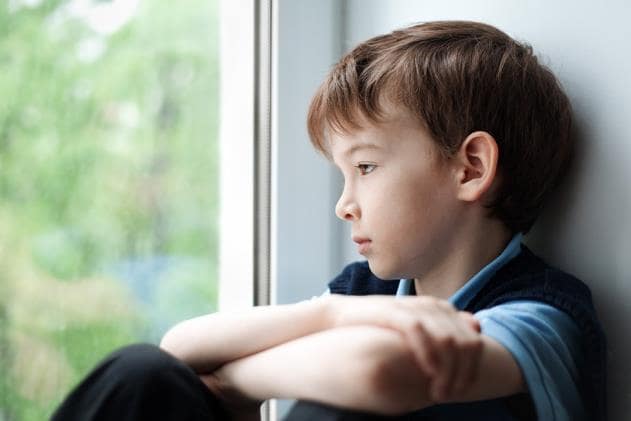Caregivers should monitor the physical and psychological health of the child. If they notice an irrational change in the behavior of the child, then they should visit a psychologist. Parents looking for a competent, verified, and experienced psychologist should book an appointment through oladoc.com
The child has to adjust to various social, emotional, and physical changes. It is a difficult phase of life and causes anxiety. Therefore, the caregivers have to remain vigilant and help the child adjust accordingly. However, if they notice the signs correlating to depression should prioritize their health and seek help from a professional. The signs of depression in school going children include:
-
Sad and Irritable
The child remains detached, lonely, and sadly most of the time. Additionally, the child remains irritable and does not sit with parents and friends. Most of the children suffering from depression remain irritable rather than sad. If the pattern remains the same for two weeks, it is more likely that the child will suffer from clinical depression.
-
Losing Interest in Everyday Tasks
The child does not engage in indoor or outdoor sports and avoids completing academic tasks. Additionally, the parents and caregivers can notice a visible change in the communication style. They avoid engaging in their favorite activities. For example, they don’t find their favorite shows interesting and avoid having conversations with peers, family members, and teachers.
-
Decrease in Appetite
The caregivers can notice the visible change in their body weight. The weight change may or may not be associated with the change in appetite. However, the child loses weight if suffering from depression.
-
Sleep-Related Problems
The child suffers from insomnia. If caregivers notice the child having difficulty in sleeping for long should take it seriously. Insomnia is associated with multiple physical illnesses.
-
Change in Psychomotor Skills
The child loses interest in the everyday tasks that eventually compromise the psychomotor skills. The child finds it difficult to have a purpose in life and remains agitated that can cause a decrease in psychosocial and speech skills.
-
Belittling Themselves
There is a sense of guilt and worthlessness in individuals diagnosed with depression. The parents can notice that the child does believe in themselves and their abilities. They compare and feel below average as compared to their friends and peers.
-
Lack of Communication
Due to feelings of sadness and loneliness, the child remains distant from the loved ones. The child avoids communication with peers, friends, and family. It has an adverse impact on mental health and communication skills.
-
Poor Grades
Due to a lack of interest in communication and engaging in productive activities, the child loses interest in exams and tests. Since the child feels that they don’t have any purpose in life, they stop worrying about their grades and academic performance.
-
Social Isolation
The child needs to have a social life to enhance communication skills. However, if the child loses interest in going out with friends and family; it indicates that the child is anxious and stressed. Additionally, the child avoids gatherings and having conversations as they lose their interest and feel worthless.
-
Deteriorating Physical Health
The child may exhibit symptoms correlating to physical illness, but the tests show no physical problem; it is more likely that the child is suffering from anxiety and depression hindering their mental and physical health.
-
Self-Harming Thoughts
The child has recurrent self-harming and suicidal thoughts. They show interest in learning ways to self-harm. Caregivers have to remain vigilant as they may commit suicide.
If parents notice their child engaging in self-harming activities should consult the best psychologist in Karachi. It correlates with clinical depression and may require medication and therapy. It is essential to monitor the child’s activities to help them enhance in various aspects of life, become productive, and have a sense of contentment.

